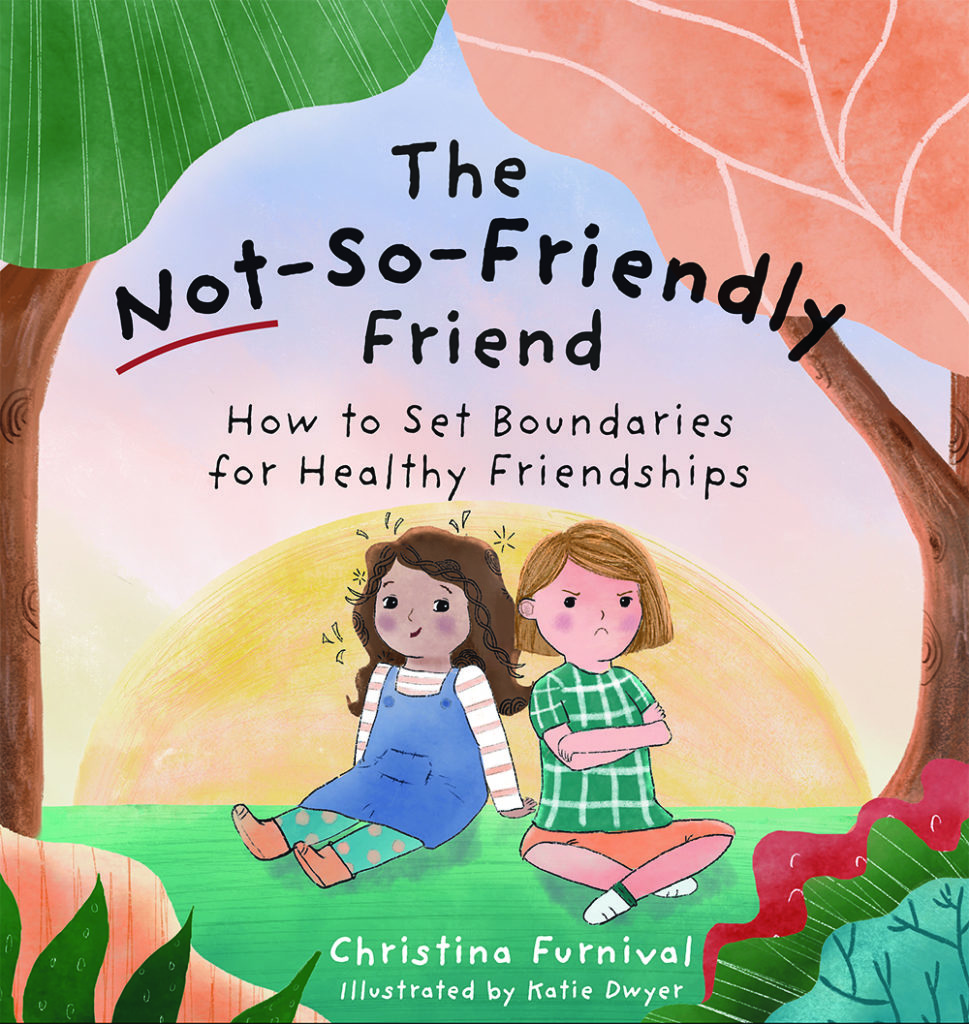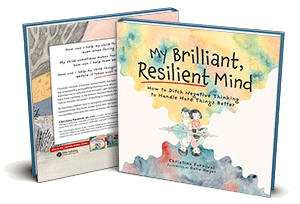Hi there! I’m Christina, a mom of two littles, a licensed mental health therapist, and a children’s book author! Thanks for checking out my site. Look around! I’m sure there’s something here for you! This article is all about ways parents can support their children when faced with a bully. It was previously posted with LA Parent Magazine.
It’s awful to think that bullying used to be considered a common part of the childhood experience. Fortunately, this terribly misguided belief has been corrected in recent years. We have redefined what bullying is and learned how devastating bullying can be to our children’s short- and long-term mental health and wellbeing. Bullying previously was used to colloquially refer to any child engaging in unkind behavior. More aptly, now it refers to a repeated pattern of ill-intentioned and potentially aggressive behavior often found in a power dynamic or social hierarchy.
As parents, we do not want our children to be bullied. And we certainly don’t want them to doubt themselves and their worth, or further, to develop depression, anxiety, or suicidal thoughts as a result.
If your child is experiencing bullying, you may wonder how to best support them. One very important thing to know is that parental support is a key buffer to the negative effects of bullying. Other buffers include teacher support and the support of even one good friend.
In order for your child to process their experience and move forward with the least impact, your child needs to feel seen, heard, and understood by you. With that in mind, my advice to parents is to empathize, validate, support, and inform.
4 Ways Parents can Support their Children when Faced with a Bully
- EMPATHIZE:
To empathize with your child means to understand what your child may be experiencing. You can do this by reflecting to your child what you’re seeing. For example, “I am so sorry you are dealing with this. Being bullied feels awful and can make people feel hopeless and helpless. Is that how you feel too?” In other words, do not minimize how they are feeling, which communicates to them that you will not be a support. - VALIDATE:
Make it crystal clear that you believe your child and what they are telling you is going on. Even if you haven’t dealt with what they are going through, you can validate their experience and feelings. You could say, “I believe what you’re telling me. It is not fair that you’re being bullied and it’s definitely not okay.” Do not deny that your child is being bullied, invalidating them and their experience. - SUPPORT:
Let your child know that you are here to help, that you will always listen to them, and that you will help them formulate a plan. Your child wants to know that they did the right thing by telling you. They want to know that you will be there for them so that they don’t have to face bullying alone. You are their protector, so make sure they know with your words and actions. - INFORM:
Let other trusted adults in authority positions know what’s going on. Likely that means telling your child’s teacher(s), school counselor, and principal. Most schools have bullying prevention curriculums and protocols in place. These help to support the victim and to engage in restorative justice with the bully. By informing other adults in charge, you are building a team of safety around your child, and showing them that they will be nurtured and protected. If the school isn’t as supportive as it should be, don’t give up. Continue to advocate for and protect your child.
Beyond these four crucial responses, parents can also help their child by supporting a healthy mindset, bolstering their child’s self-love, and encouraging boundary-setting. If your child can understand that the bullying has more to do with the bully than with them, that they are worthy of love and care by others, and that they can and should stand up for themselves when they are being mistreated, they will be set to handle a myriad of life’s experiences and challenges.
If you are looking for a book to read with your child to help them with tricky friendships and to learn how to set boundaries for healthy relationships, check out my book, “The Not-So-Friendly Friend — How to Set Boundaries for Healthy Friendships”, available on Amazon and Barnes and Noble, Target, and here at ChristinaFurnival.com/books where you can buy an author-signed copy!



